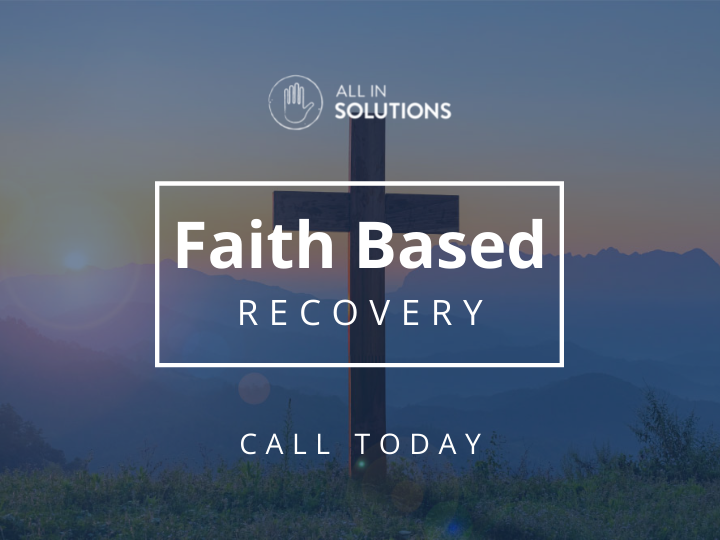Is Faith Based Rehab Effective?
Why Faith Based Addiction Treatment is Effective? It is believed that faith can be an effective tool for fighting addiction is the basis of these programs. This kind of treatment is based on members of a faith-based community who provide encouragement and belief in the process of healing. Moreover, it allows people to live their faith without fear of being judged and criticized by other people. By being part of a religion-based community, people are more likely stay sober.
Furthermore, faith-based treatment programs can assist addicts to develop a sense belonging, fellowship and support from fellow believers. The Christian treatment program may also contribute to a better life. When the treatment program is well-designed and crafted, it can assist individuals to attain long-term sobriety and lead a fulfilled life. It is important to find a faith-based treatment center that can provide affordable and effective services.
There are many reasons to consider seeking out faith-based treatment. Most importantly, these programs echo Christian principles. If you identify as a Christian you will find many people around you who have the same beliefs as you. This can influence your recovery process and strengthen your relationship with God. If you have a religious belief, rehabilitation based on religion are an ideal option. There are many benefits to rehab that is based on faith. This is a wonderful alternative for people suffering from addiction issues.
Another reason that faith-based organizations are so effective is because they reflect Christian values. If you're an Christian and you're a Christian, you'll likely find a variety of people who share your beliefs. And if your beliefs are rooted in Christian beliefs, then your recovery will be much more effective. These types of treatment choices tend to be more affordable than their secular counterparts, and many of them are associated with churches. If you're searching for an institution that's based on religion is a great chance that one is available in your area.
Because the Christian values of the community are universal, faith-based addiction treatment will more likely to align in accordance with Christian values. Making use of religious beliefs to treat the problem helps patients understand the illness and how to live a morally responsible life. It also provides a sense of belonging and community that traditional rehabs can't provide. If you're Christian or a Christian, this kind of programme can be an excellent help in your recovery.
Patients in faith-based programs experience more achievement than those who do not. They feel more comfortable and can make better decisions. They tend to be more likely to experience the long-term recovery they desire with faith-based therapy. There are many advantages to seeking out a treatment based on faith. Patients will gain perspectives and new motivation on their lives. They'll also have the ability to seek out a spiritual consultant.
A program for addiction treatment based on faith will also allow patients to follow their religion. Through the connection with God patients are empowered to conquer their addiction , and then find a new path to live their lives. The programs will not only help patients get clean but also assist them to restore their lives. These are because religious rehabs provide spiritual support for their patients. It's also a good method to maintain a spiritual relationship with others who are recovering.
The faith-based treatment is focused on spiritual transformation. The spirituality of rehab addict can be strengthened during the treatment. The patient's spirituality will also be supported by the personnel. The patients will be surrounded by others who are united in their faith. The care they receive from each other will help them attain sobriety. The ones who believe to God will have more confidence in themselves and their recovery.
This type of rehab offers an additional level of support to patients who need emotional support. It creates a sense of community for recovering addicts. This means that they'll have a greater chance to stick to their new way of life. Furthermore, people in such rehab facilities will get to know each other while they undergo a religious-based rehabilitation. Although it may sound strange yet it has a tremendous positive impact. A faith-based rehab will unite the people in recovery.
